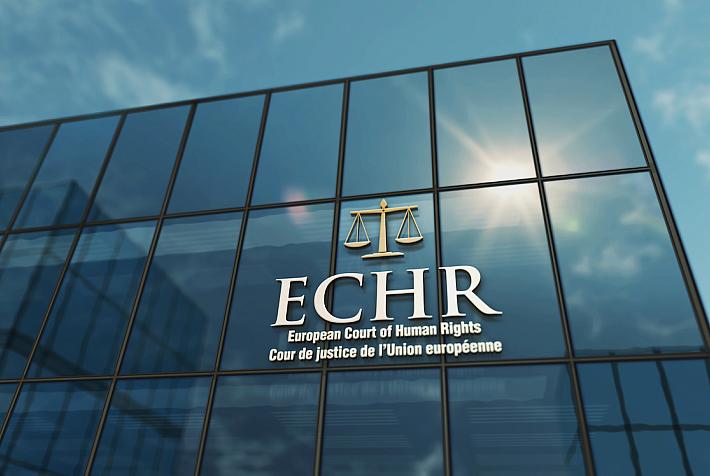Native content supported by Hammond Partnership.
New era for the electronic invoices in Romania

The European digitalisation strategy and fiscal policies and the use of electronic invoicing in the entire economic activity as a strategic element for economic transactions have required the adoption of the GEO no. 120 from 4th October 2021 on the administration, operation, and implementation of the national system on electronic invoicing RO e-Invoice and electronic invoicing in Romania.
The ordinance regulates the Romanian national system regarding the electronic invoice (RO e-Invoice System) which will be optionally applicable both in the public procurement domain (B2G - Business to Government) and in the transactions between economic operators (B2B - Business to Business).
The ordinance describes how the National System on electronic invoicing will be used by describing the general rules for transmission, receipt, and processing of electronic invoicing. It should be emphasized that this national system is supposed to become operational starting with November 2021, and the procedure for its use will be approved shortly by the order of the Romanian Minister of Finance.
It is worth mentioning that in order to use the Romanian national system of the electronic invoice in the B2B commercial relations both the issuer and the recipient must be registered in the Register RO e-Invoice. This Register is public and will be displayed on the website of the National Agency for Fiscal Administration.
Further, electronic invoicing in the field of public procurement will also apply in cases of a B2G relationship if the economic operator opts for the use of the national system on electronic invoicing RO e-Invoice. In addition, non-resident taxpayers can also use the national RO e-Invoice system in B2B or B2G business relations.
The electronic invoice is defined as an invoice issued, transmitted, and received in a structured electronic format of XML type, which allows its electronic and automatic processing both by the issuer and the receiver. It is also provided what is the structure of the electronic invoice and what are its main elements, such as the information regarding the issuer and the recipient, payment instructions, or the VAT split.
It should be noted that the electronic invoice is sent by the issuer in the national RO e-Invoice System. If the invoice complies with the structure provided by the ordinance, the electronic signature of the Ministry of Finance is applied and it will be communicated immediately to the recipient.
The recipient has the obligation to receive and download the electronic invoice through the national system, to verify the electronic invoice’s legality, compliance, and regularity in accordance with the Romanian legislation.
If there are objections regarding the content of the electronic invoice, the recipient will immediately notify the issuer of this fact by sending a message in this regard, including in the national RO e-Invoice system. Any corrections will be performed according to the specific provisions provided by the Romanian fiscal code on this aspect and the corrected electronic invoice will be sent through the same RO e-Invoice system to the recipient.
The original electronic invoice is the XML file accompanied by the electronic signature of the Ministry of Finance and the date of communication of the electronic invoice to the recipient is the date on which the electronic invoice is available to be downloaded from the national system RO e-Invoice.
As a result of this legislation in Romania, an important step has been taken towards the digitalization of businesses relationships in the commercial field, the relations between the economic operators, as well as of their relations with the public institutions. Digitization is a phenomenon with strong economic implications and thus lays the foundations for an increased connection and interaction between participants in the trade relations.
Romania has again underlined the fact that its grasp and understanding of digitalisation and ecommerce places it at the fore front of this type of development.
Ana-Maria Onuța (Author of this article - in the opening picture)
Ana-Maria is a senior Romanian lawyer with experience in both dispute resolution and consultancy matters in various areas of law. She deals primarily with inheritance issues, intellectual property and copyright, data protection and real estate.
She has experience in advising and representing clients in dispute resolution matters on issues in civil law domain. She has assisted clients in negotiating contractual clauses as well as in commercial transactions and represented them in relations with authorities and third parties. She also assisted clients in criminal matters.
She obtained her bachelor’s degree and master’s degree in law with specialization in criminal law at Faculty of Law of University of Bucharest.
Hammond & Associates can trace its origins back to 1990 when Nicholas Hammond became the first foreign lawyer to open an office in Romania after January 1990. Hammond & Associates brings the experience of lawyers from different legal disciplines to provide a full service commercial law firm in Romania for foreign and Romanian clients. With international lawyers and Romanian lawyers they are able to anticipate obstacles, seize opportunities and resolve the cases or complete the transaction. The senior lawyers of the firm have many years of combined legal experience in Romania and the United Kingdom and has been gained by involvement in transactions of all sizes and nature both in the private and public sector.
Native content supported by Hammond Partnership.















